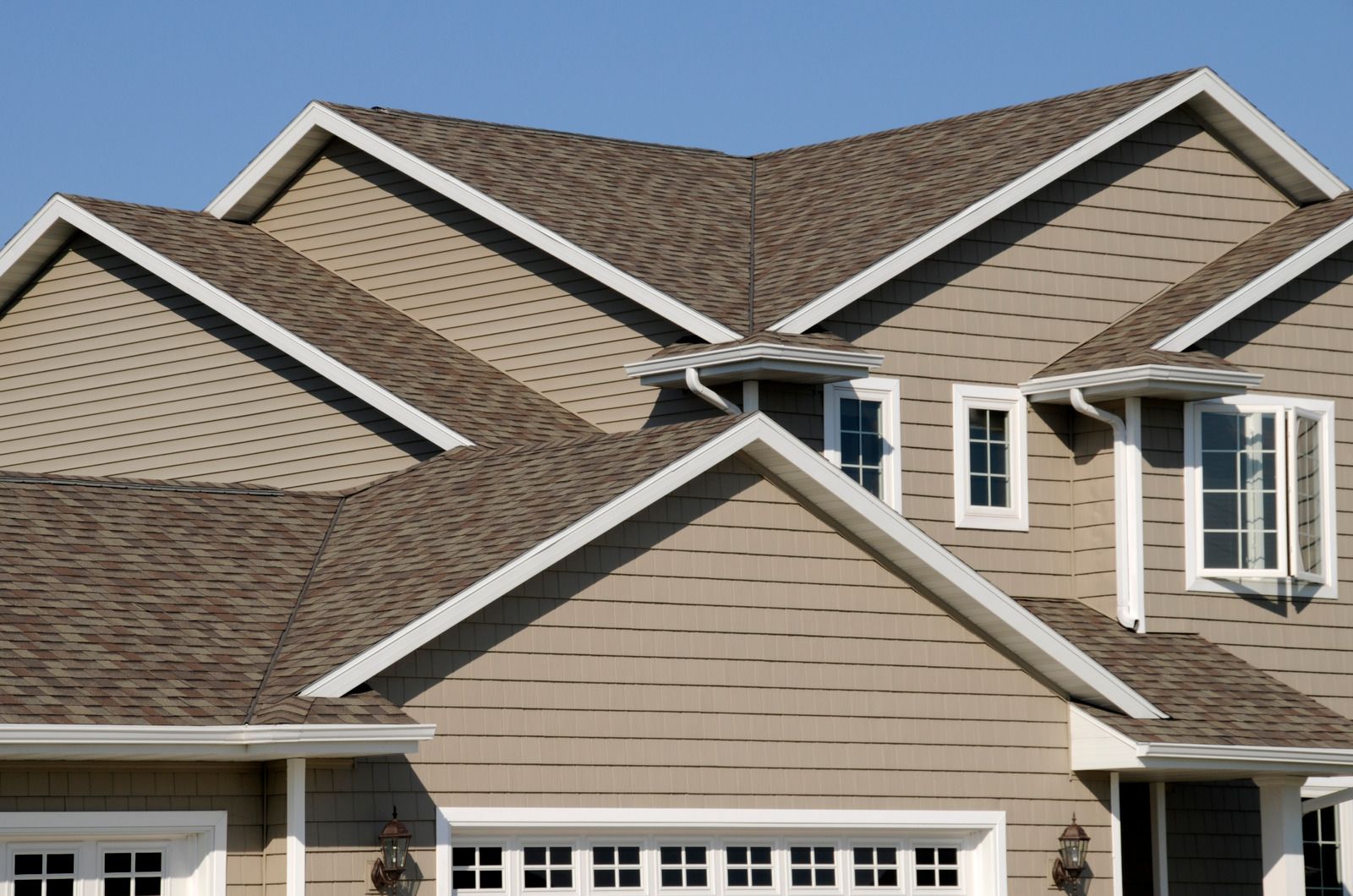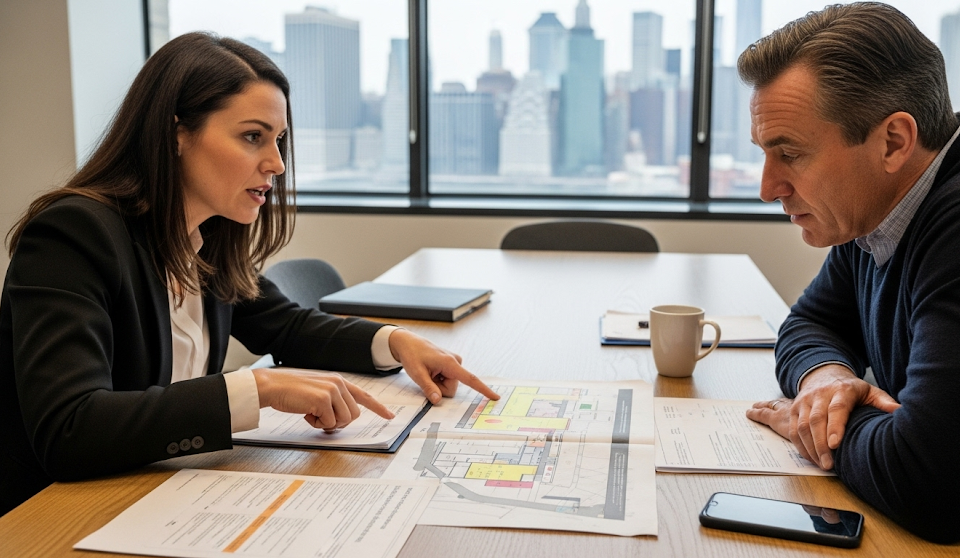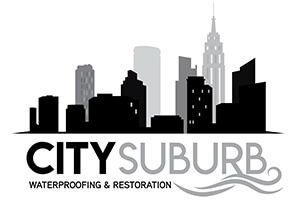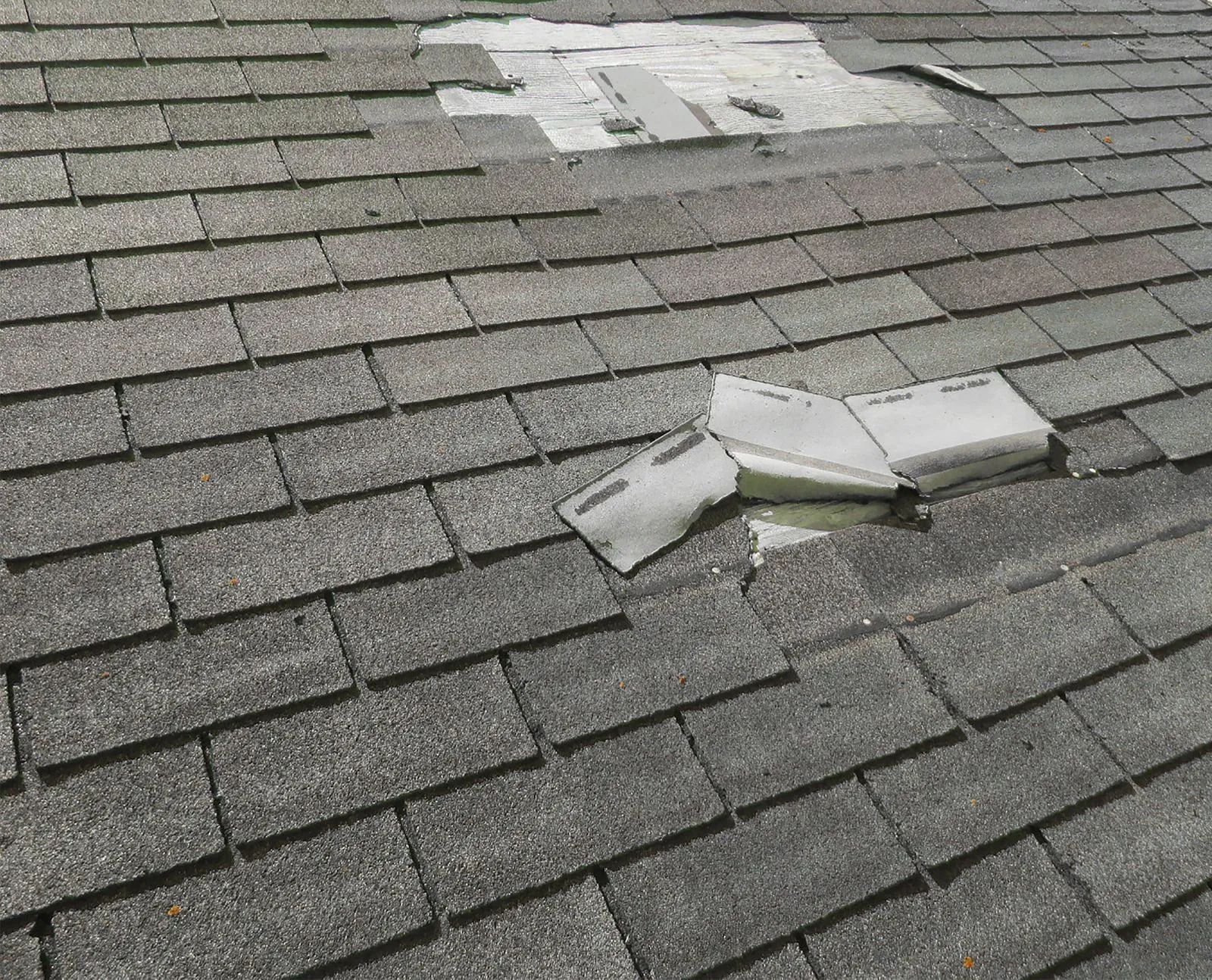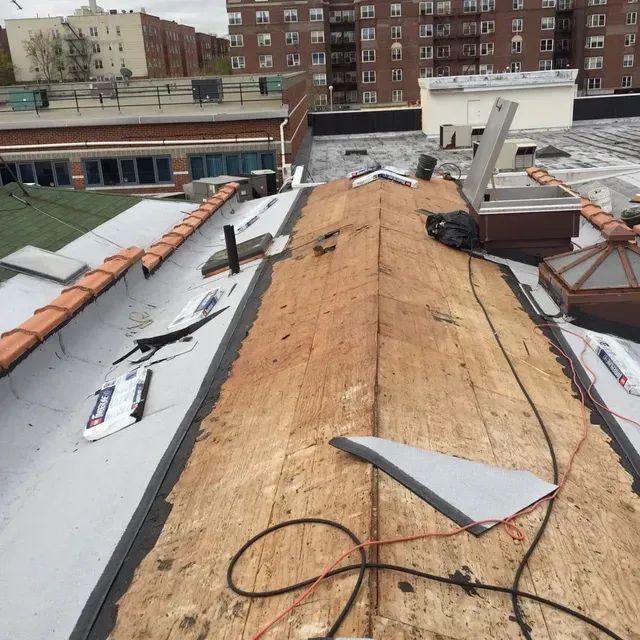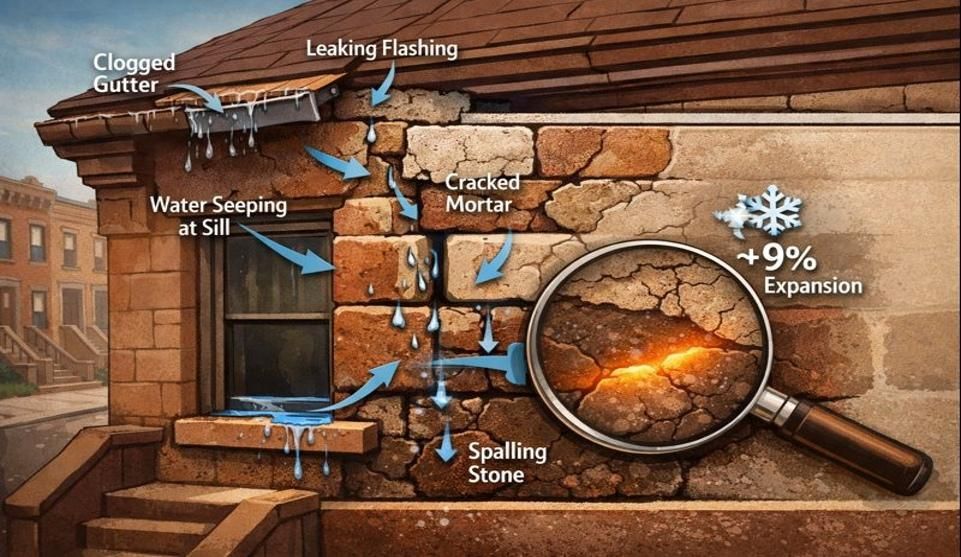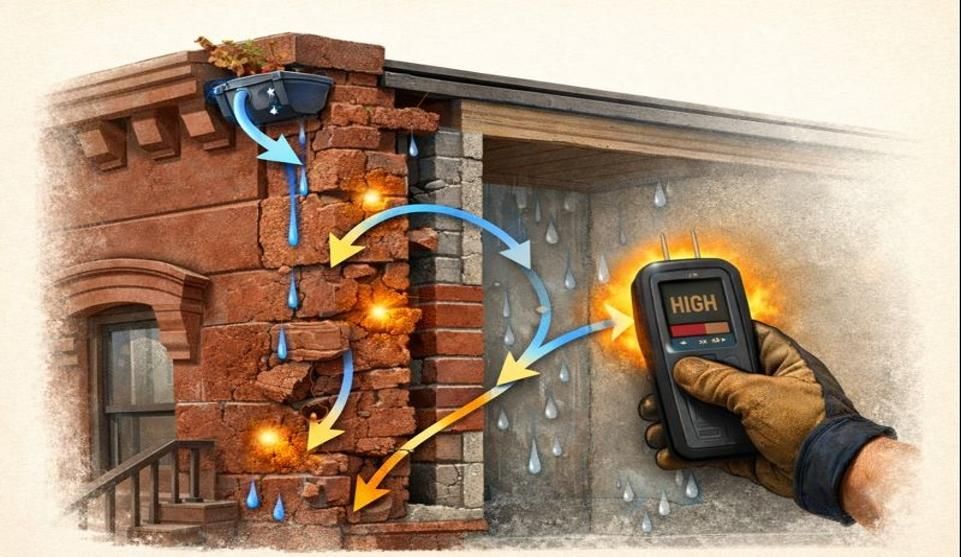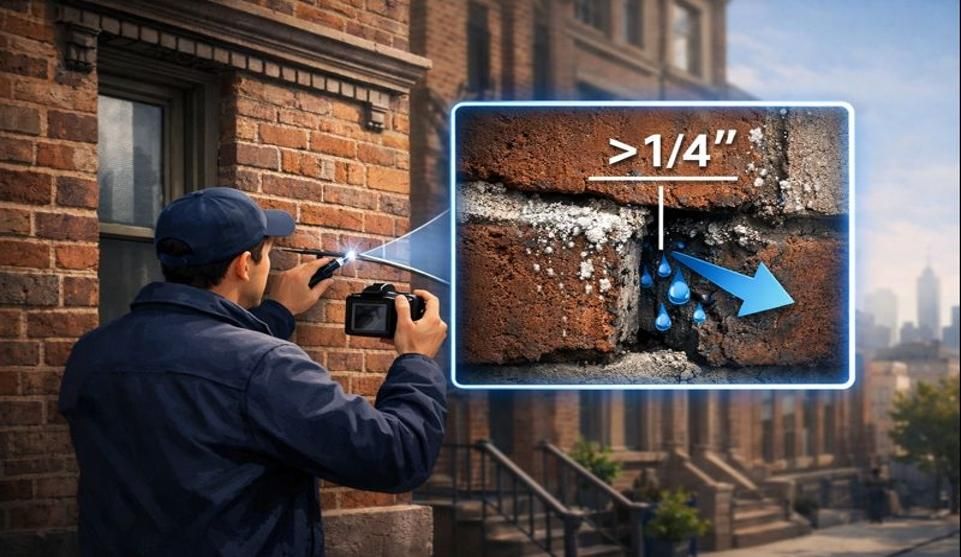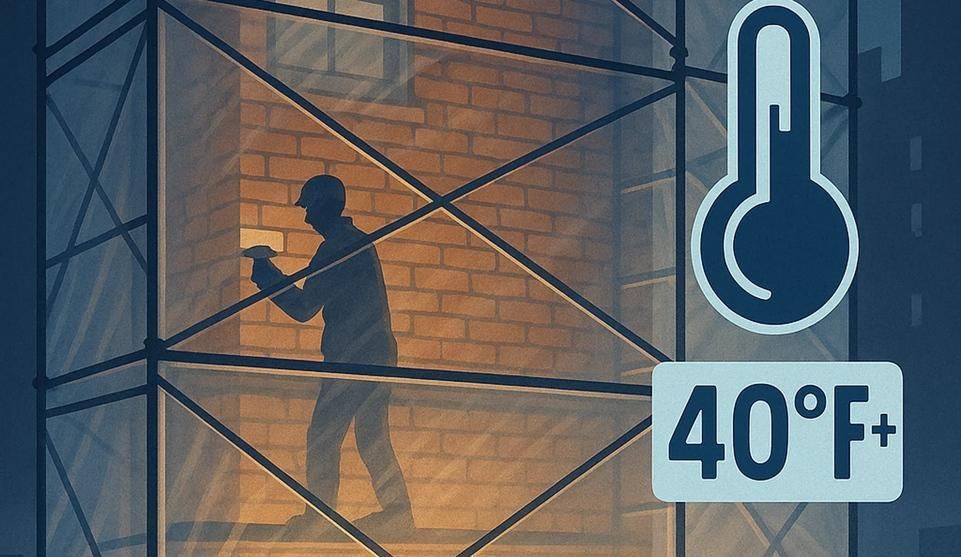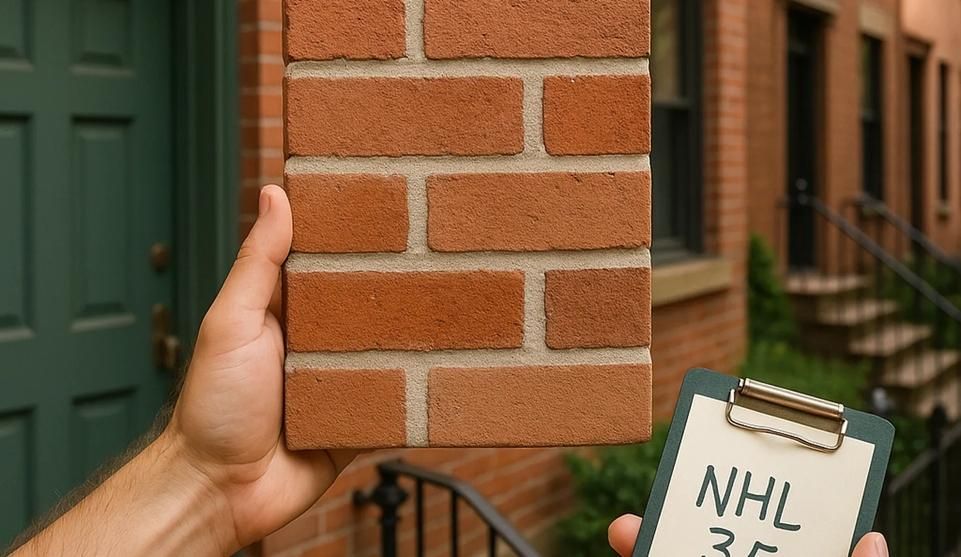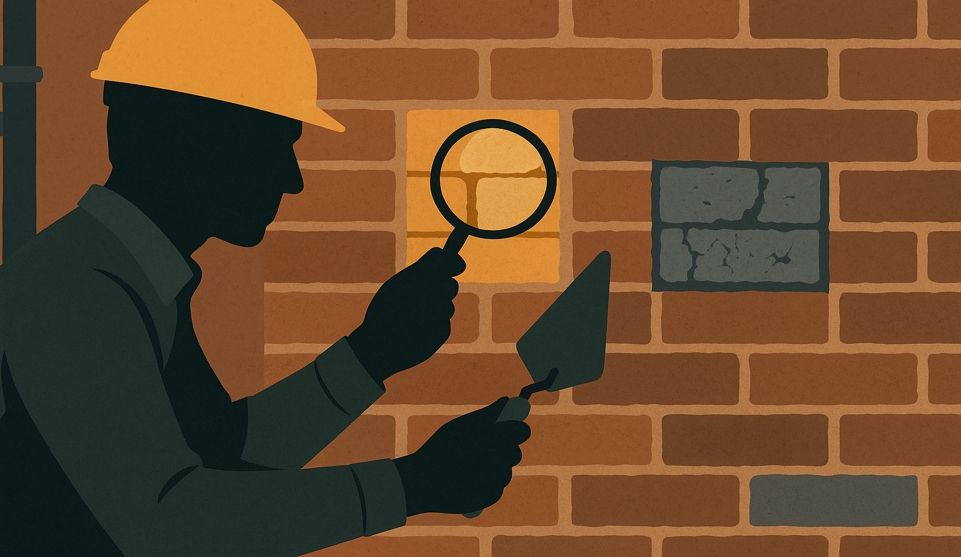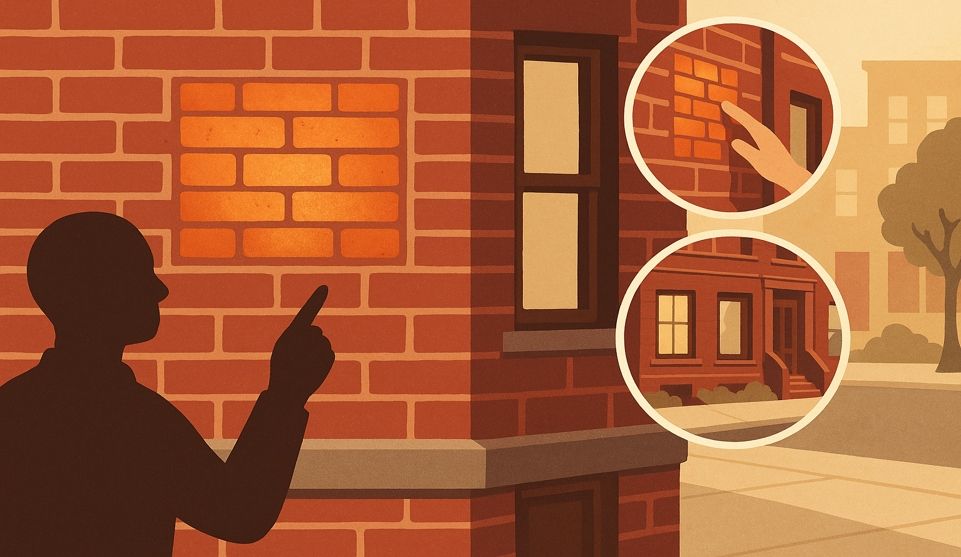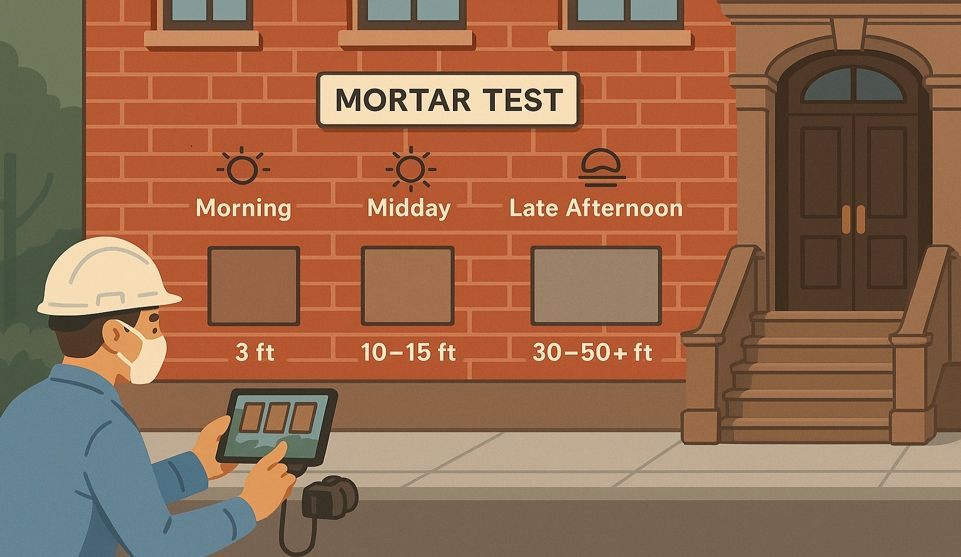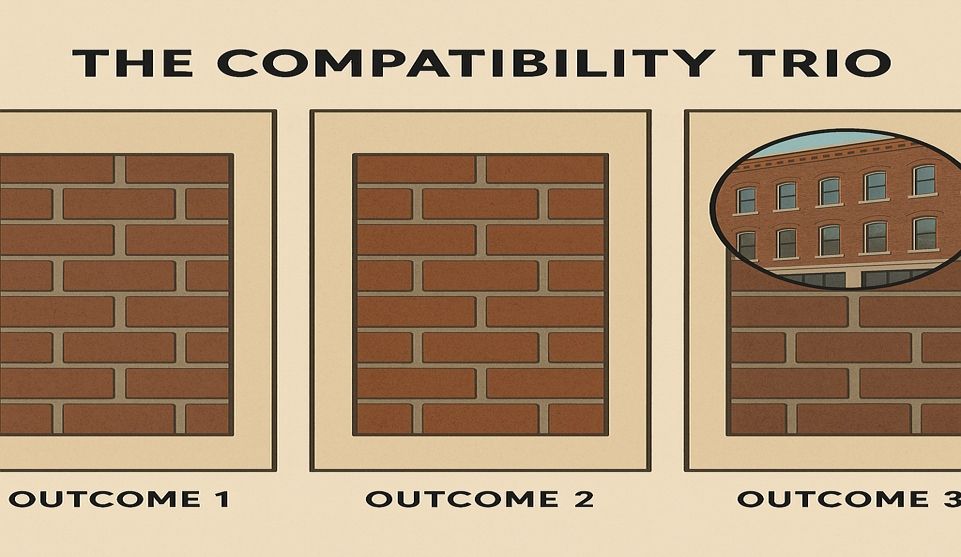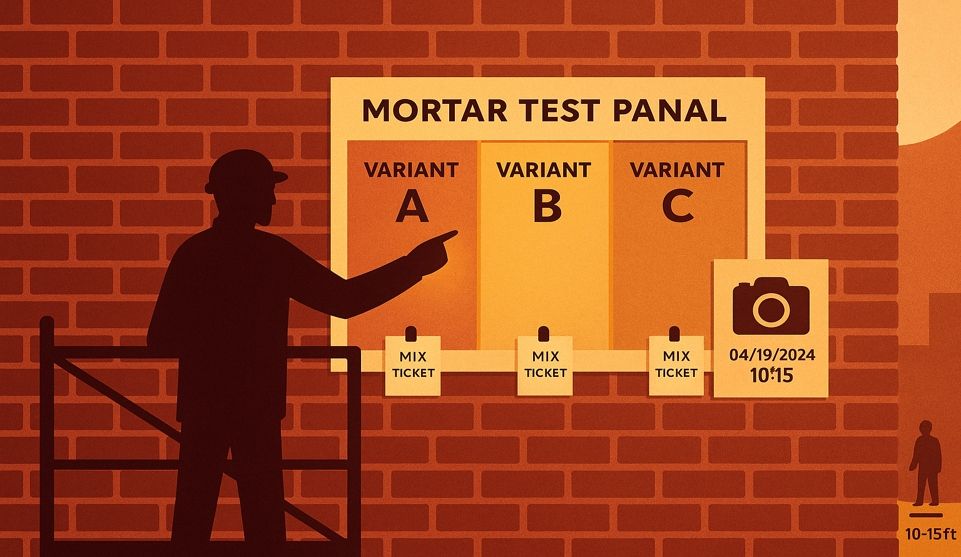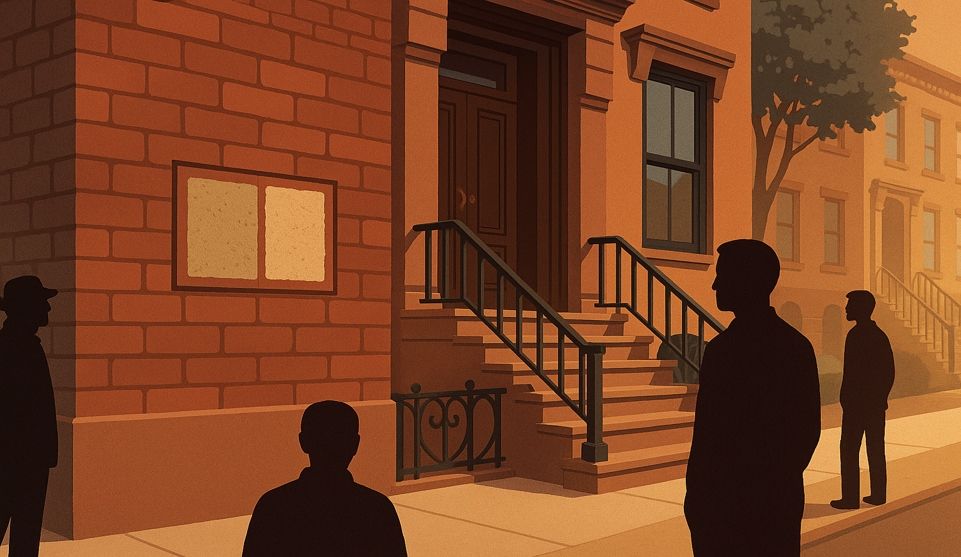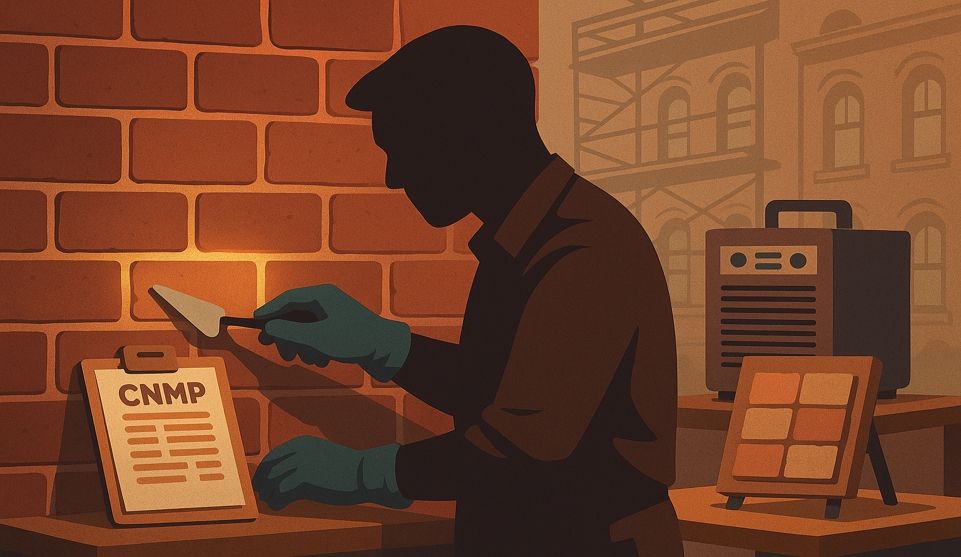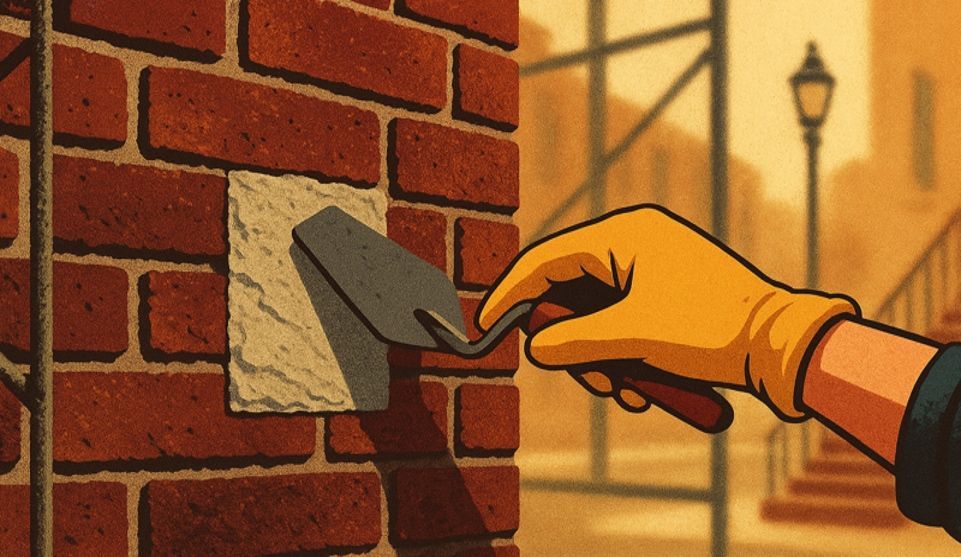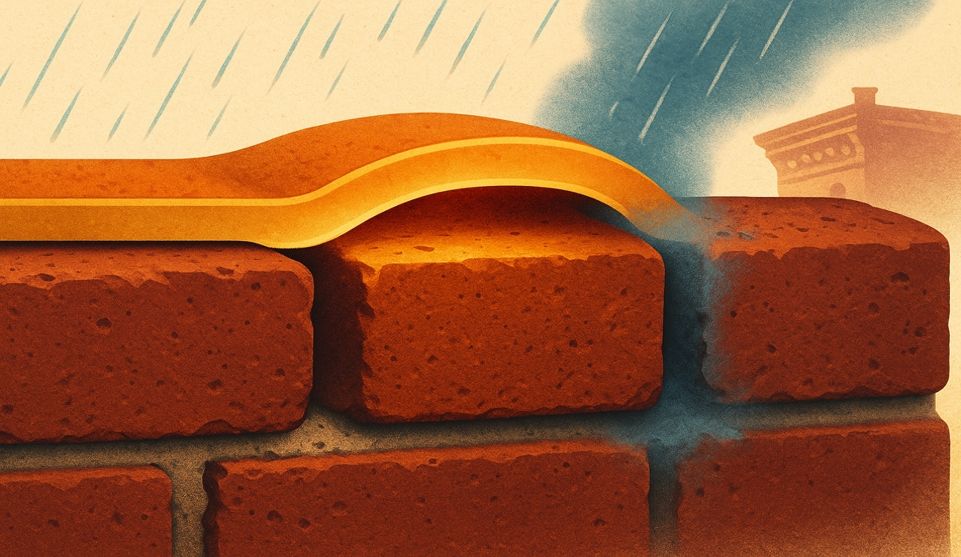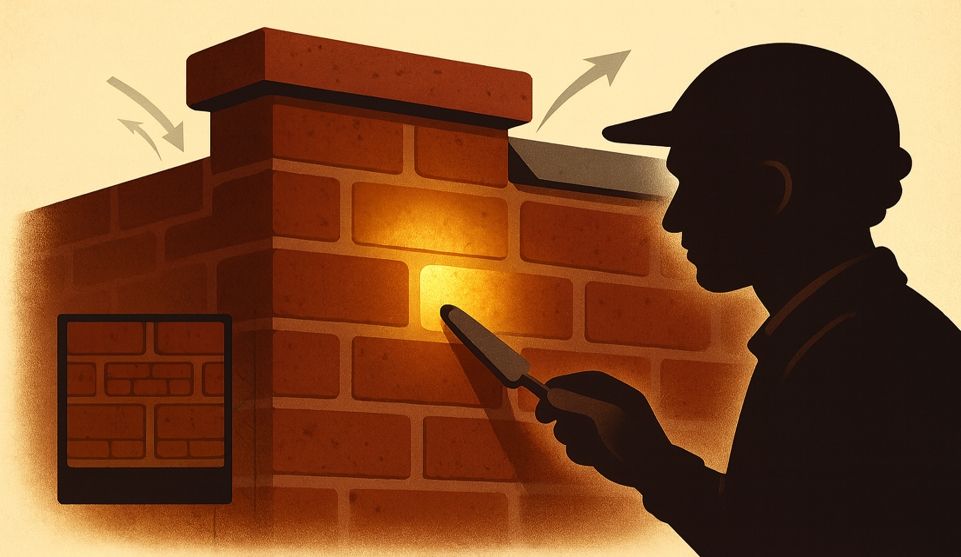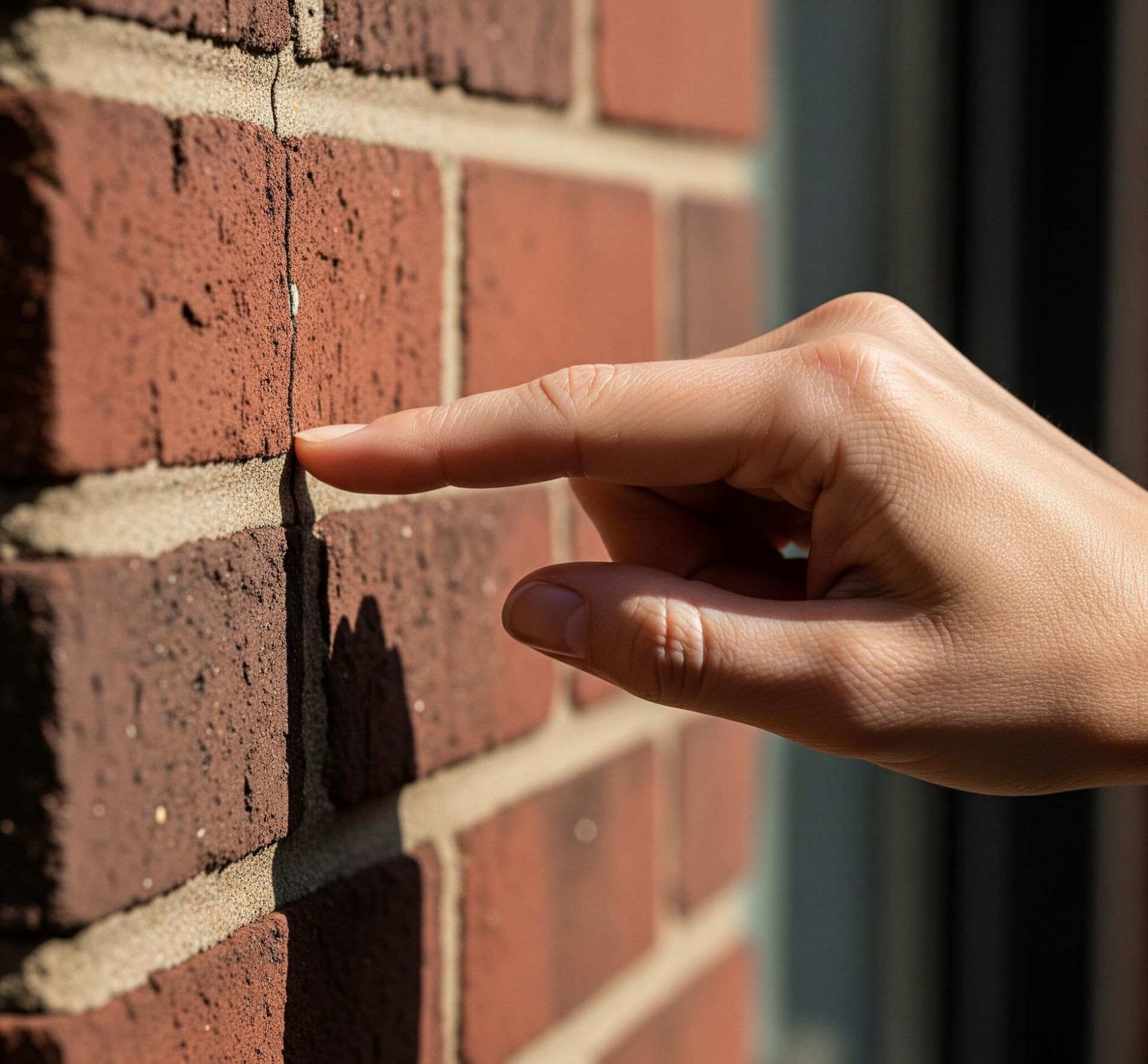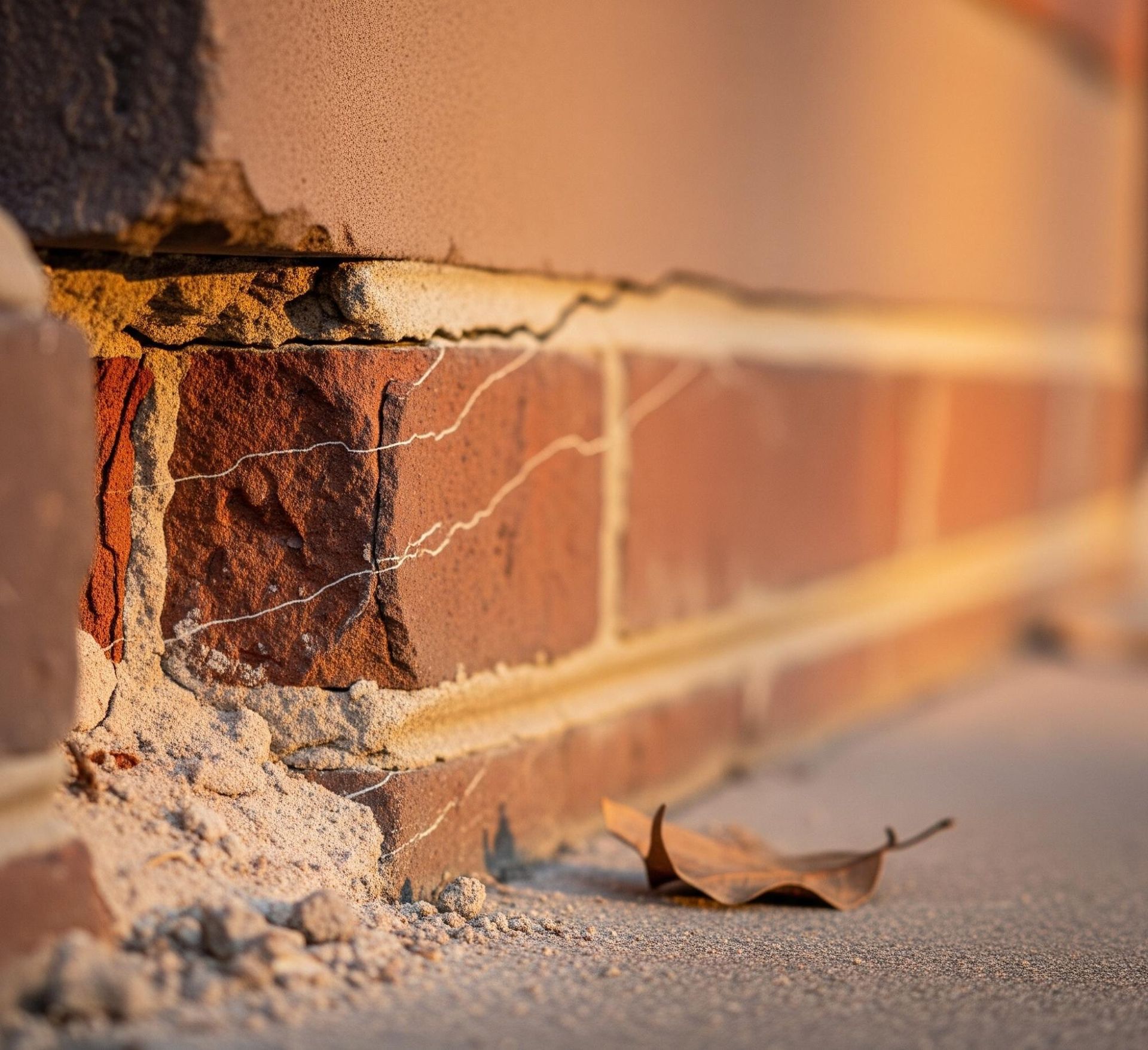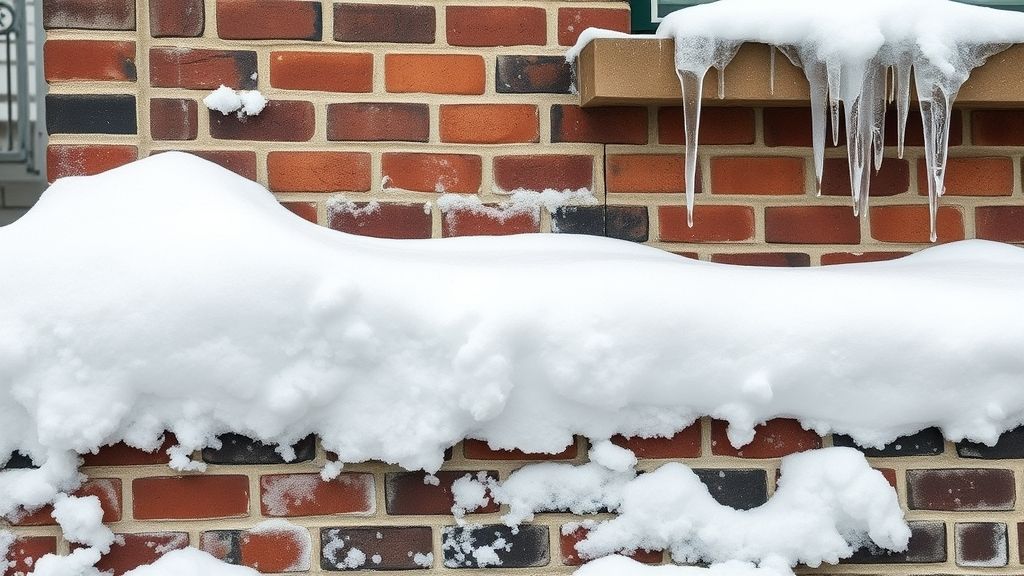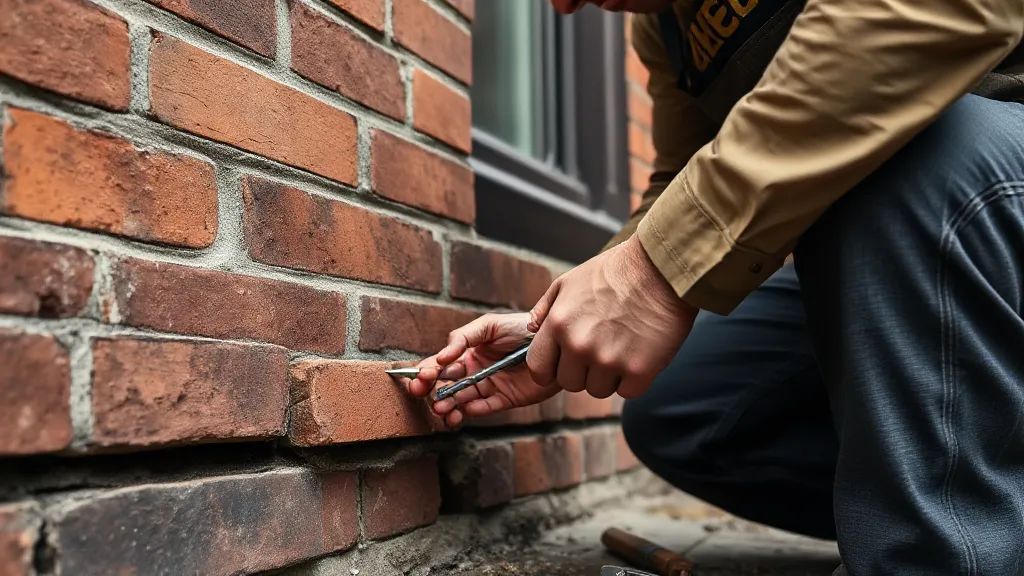Manhattan Roofing Contractor – Licensed Roof Installation & Repair Services
Manhattan's architectural density and unique building regulations demand roofing contractors who understand both structural complexity and regulatory compliance. When your roof is leaking, showing damaged shingles, or reaching the end of its useful life, you need a contractor who knows city buildings, NYC code requirements, and how to deliver work that stands up to wind, snow, and heavy rain. City Suburb delivers specialized roofing services engineered specifically for Manhattan's demanding built environment—from meticulous shingle installations to flat-roof restorations—combining technical expertise with clear project management so your roof is secure and watertight. Photo estimates and video consultations available to speed decision-making and reduce site visits.
Why Manhattan Buildings Require Specialized Roofing Expertise
Manhattan roofing projects differ fundamentally from suburban installations. Buildings face accelerated wear from urban conditions, where concentrated development creates elevated ambient temperatures compared to surrounding areas. Roof surfaces endure constant thermal cycling, expanding during summer heat and contracting through winter cold. This continuous stress accelerates membrane degradation, compromises sealant integrity, and creates vulnerability points at flashing transitions.
Wind loads increase substantially with building height. A roof at street level experiences different pressure dynamics than one multiple stories above ground, where wind speeds intensify and create uplift forces that test every fastener and seam. Manhattan's urban development channels wind unpredictably, creating turbulence patterns that demand engineered attachment systems and reinforced perimeter details.
Access constraints shape every aspect of Manhattan roofing work. Equipment must move through narrow streets, negotiate building setbacks, and often reach rooftops via cramped stairwells or aging service elevators. Material deliveries require precise scheduling to avoid traffic restrictions and accommodate limited staging areas. These logistical factors directly impact project timelines, material selection, and installation methodology.
The regulatory environment adds another layer of complexity. Roofing work in New York City requires specific permits and compliance with local building codes. Landmark designations restrict material choices and installation methods. Co-op and condo boards impose additional requirements for insurance coverage, working hours, and tenant notification protocols. City Suburb navigates these requirements seamlessly, preventing costly delays and compliance issues.
Comprehensive Roofing Services for Manhattan Properties
Complete Roof Replacement & Installation
Full roof replacement represents a significant capital investment requiring careful planning and execution. City Suburb approaches replacement projects systematically, beginning with comprehensive structural assessment to evaluate deck condition, drainage adequacy, and support system integrity. This foundation determines appropriate membrane systems, attachment methods, and detail design.
You need roof replacement if: Your roof has reached the end of its design life, experiences repeated leak issues despite repairs, or shows widespread damage that makes targeted repairs impractical.
Installation methodology accounts for Manhattan's unique constraints. From classic asphalt shingles to long-lasting slate or tile, our installation process emphasizes sound roof deck preparation, correct underlayment, proper ventilation, and watertight detail work. Crews work in coordination with building management to minimize tenant disruption, scheduling operations during acceptable hours and maintaining clear egress paths throughout construction. Material deliveries arrive in coordinated sequences, reducing storage requirements and site congestion. Quality control inspections occur at multiple project stages, verifying that every component meets specification before concealment.
Commercial Flat Roofing Systems
Manhattan's commercial buildings predominantly feature flat or low-slope roofing systems that demand specialized installation expertise. These roofs serve multiple functions beyond weather protection, often supporting HVAC equipment, providing access for maintenance personnel, and managing stormwater through internal drainage networks. System selection must balance waterproofing performance, puncture resistance, maintenance accessibility, and service life expectations.
Low-slope systems we install and restore: EPDM, rubber membranes, PVC, built-up roofing (BUR), and modified bitumen systems. For commercial properties and mixed-use buildings, we balance durability with serviceability and code compliance.
Commercial roofing projects require coordination with multiple stakeholders. Building engineers need equipment access maintained throughout construction. Facility managers require documentation of roof warranties, maintenance requirements, and contact protocols. Tenant representatives seek assurance that business operations won't experience disruption. City Suburb manages these relationships proactively, ensuring all parties understand project scope, timeline, and impact.
Residential Steep-Slope Roofing
Manhattan's residential roofing encompasses everything from brownstone mansard roofs to townhouse gables and penthouse pitched sections. These steep-slope applications require different materials, installation techniques, and safety protocols compared to commercial flat roofs. Proper underlayment selection, flashing integration, and ventilation design directly impact system longevity and performance.
Residential materials we work with: Asphalt shingles (architectural and three-tab), natural slate tiles, tile roofing, and metal systems. Each material requires specific expertise to handle installation requirements, weight considerations, and aesthetic integration.
Aesthetic considerations carry significant weight in residential roofing decisions. Material selection must complement architectural style while meeting performance requirements. Historic buildings may require specific products that match original installation appearance. Preservation oversight demands documentation showing proposed materials and methods respect architectural integrity while incorporating modern waterproofing technology.
Roof Repair Services
Not every leak means you need a new roof—if a roof isn't past its prime, targeted repair is often the best choice. We'll inspect, explain options, and only recommend replacement when condition and age make it the right move.
Common repair needs: Leaks most often occur at seams, flashings, chimneys, and penetrations. We locate the source, secure the area with temporary measures if needed, and complete permanent repairs that stop water intrusion. Our repair services address damaged or missing shingles, flashing issues, skylight leaks, flat-roof membrane damage, ponding water problems, and gutter issues that prevent effective water drainage.
Preventive Maintenance Programs
Proactive maintenance extends roof service life significantly while reducing emergency repair costs. Scheduled inspections identify minor issues before they escalate into major failures. Debris removal prevents drainage blockage and standing water accumulation. Sealant renewal maintains watertight integrity at penetrations and transitions. These routine interventions, performed consistently, protect your roofing investment over time.
City Suburb designs maintenance programs tailored to specific building requirements and roof system characteristics. Inspection frequency adjusts based on roof age, exposure conditions, and usage patterns. Documentation provides building owners with condition trending over time, supporting capital planning decisions and insurance requirements.
Roofing Materials Engineered for Manhattan's Climate
EPDM & Rubber Roofing Membranes
EPDM roofing delivers proven performance in Manhattan's temperature extremes. EPDM membranes remain flexible across wide temperature ranges, accommodating the thermal cycling that characterizes urban roof environments. This flexibility reduces stress at seams and penetrations, the primary vulnerability points in any membrane system.
Best for: Commercial flat roofs, low-slope applications, buildings requiring durable, cost-effective waterproofing with excellent weather resistance.
Installation methods significantly impact EPDM performance. Fully adhered systems provide maximum wind resistance, critical for Manhattan's high-rise applications. Mechanically attached installations offer advantages where substrate conditions limit adhesive options. Ballasted systems reduce installation time while providing excellent thermal performance, though ballast weight must be verified against structural capacity, particularly in older buildings.
Client Testimonials
Our Services in Manhattan, NY
Modified Bitumen Systems
Modified bitumen combines the proven waterproofing properties of traditional asphalt with polymer modifiers that enhance flexibility, durability, and temperature performance. These multi-ply systems build redundancy into the roof assembly, with each layer contributing to overall waterproofing integrity. The resulting roof resists puncture damage, withstands foot traffic, and accommodates limited building movement without compromising seal quality.
Best for: Buildings requiring robust waterproofing, roofs with equipment traffic, applications where redundant protection layers provide added security against leaks.
Surface granule options affect system performance. Light-colored granules reflect solar radiation, reducing cooling loads and extending membrane life. Darker surfaces may be preferred where snow melt is prioritized. Granule selection requires balancing thermal performance, aesthetic preferences, and long-term maintenance considerations specific to each building's requirements.
Metal Roofing Solutions
Metal roofing systems deliver exceptional longevity when properly designed and installed. Standing seam configurations provide superior weather resistance through elevated seam design that sheds water effectively while accommodating thermal expansion through concealed fastening systems. Metal's durability makes it particularly suitable for areas with limited maintenance access or where roof replacement logistics present significant challenges.
Best for: Historic properties, high-end residential applications, buildings where extended service life justifies higher initial investment, locations with difficult access for future replacement.
Material selection within metal roofing categories impacts both performance and budget. Steel systems offer excellent strength-to-weight ratios with various coating options for corrosion resistance. Aluminum provides superior corrosion resistance in certain environments. Copper develops a distinctive patina over time while delivering extended service life. Each material requires specific installation techniques and compatible flashing components to ensure system integrity.
Asphalt Shingle & Slate Options
Steep-slope residential applications frequently specify asphalt shingles for their cost-effectiveness, variety of aesthetic options, and proven performance. Modern architectural shingles provide enhanced wind resistance and impact resistance compared to traditional three-tab products. Proper installation requires attention to underlayment selection, ventilation design, and flashing details that protect vulnerable roof areas.
Best for: Residential steep-slope roofs, townhouses, properties where cost-effectiveness and variety of styles are priorities.
Slate roofing represents the premium option for historic properties and high-end residential applications. Natural slate tiles deliver exceptional longevity when properly installed and maintained. Installation demands specialized expertise to handle slate's weight, brittleness, and specific fastening requirements. Underlying roof structure must provide adequate support for slate's substantial weight, sometimes requiring structural evaluation in older buildings.
The City Suburb Approach to Manhattan Roofing Projects
Detailed Property Assessment & Documentation
Every successful roofing project begins with thorough understanding of existing conditions. City Suburb's assessment process examines not just the roof surface but the complete roofing assembly including structural deck, drainage systems, parapet walls, and related building components. Inspectors document roof age, previous repair history, and current condition through detailed photography and written reports.
This comprehensive evaluation identifies factors affecting project scope and methodology. Structural issues requiring remediation before roofing work commences receive immediate attention. Drainage inadequacies that could compromise new roof performance get addressed in project planning. Building code changes since original construction trigger discussions about required upgrades. Property owners receive clear documentation of findings, recommended solutions, and budget considerations before any work begins.
Material Selection & Code Compliance
Appropriate material selection requires matching product characteristics to specific building requirements while ensuring compliance with applicable building codes. Factors influencing this decision include roof slope, anticipated traffic patterns, required fire ratings, and environmental exposure. Manhattan's dense development creates unique considerations around wind uplift, thermal performance, and noise transmission that affect optimal material choices.
We help you navigate material options based on your building's architecture, performance needs, and budget considerations—whether that's traditional asphalt shingles, modern membrane systems, or premium slate and metal installations.
Code compliance extends beyond basic waterproofing requirements. Fire rating specifications vary based on building type, occupancy classification, and proximity to property lines. Energy code provisions mandate minimum insulation values, sometimes requiring roof buildup that affects drainage and flashing design. Historic buildings face additional restrictions on visible roof elements and may require special approvals.
Scaffolding Permits & Site Safety Protocols
Manhattan roofing frequently requires scaffolding installation to provide safe access, protect pedestrians, and comply with fall protection regulations. Scaffolding permits involve coordination with local building authorities, including engineered drawings, insurance documentation, and inspection requirements. City Suburb manages this permitting process completely, ensuring scaffolding meets all regulatory requirements while supporting efficient project execution.
Site safety protocols protect both workers and building occupants throughout construction. Safety procedures address specific hazards present each day. Fall protection systems undergo inspection before use. Material storage areas maintain clear egress paths. Appropriate precautions apply when torch-applied systems or welding operations occur. These systematic safety practices prevent incidents while demonstrating professionalism that building owners and managers appreciate.
Project Execution & Quality Control
Installation quality determines roof system performance and longevity. City Suburb's field crews follow manufacturer specifications precisely, understanding that warranty coverage depends on documented compliance with approved installation methods. Supervisors conduct in-process inspections at critical stages, verifying substrate preparation, membrane seaming, and flashing integration before covering these elements with subsequent roof layers.
Weather monitoring shapes daily work planning. Membrane installation requires appropriate temperature and moisture conditions for proper adhesion and sealing. Precipitation forecasts trigger deployment of temporary protection for partially completed work. Weather conditions affect safety protocols for working at heights and handling large membrane sheets. This weather-responsive approach prevents quality compromises that could undermine system performance.
What to Expect: Inspection → Estimate → Scheduling → Completion
Our process is straightforward:
- Inspection & Diagnosis — We assess the roof deck, flashing, penetrations, drainage, and structural components to identify root causes of any issues and evaluate overall system condition.
- Detailed Estimate — You receive a written proposal that explains recommended repairs versus replacement options, material specifications, project timeline, and scope. Photo or video estimates available if you prefer remote consultation to streamline approvals.
- Transparent Scheduling — We coordinate with building management, secure necessary permits, and establish working hours that minimize disruption to tenants and building operations.
- Professional Execution & Completion — Licensed crews complete work according to manufacturer specifications and building codes. We follow site protection protocols, maintain clear communication, and conduct a project completion review to ensure satisfaction.
Protecting Your Investment: Warranty & Maintenance Support
Roofing warranties involve both manufacturer product coverage and contractor installation workmanship guarantees. Understanding warranty provisions helps property owners make informed decisions and maintain coverage throughout the roof's service life. Manufacturer warranties typically cover membrane defects and premature degradation when products are installed according to approved specifications.
City Suburb's workmanship warranties protect against defects in application methodology, flashing integration, and detail work. This coverage ensures that if problems arise from installation errors, remediation occurs without cost to the property owner. Workmanship warranties complement manufacturer coverage, providing comprehensive protection for the roofing investment.
Warranty maintenance requirements deserve careful attention. Most manufacturers specify periodic inspections and routine maintenance as conditions for maintaining coverage. Failing to perform required maintenance can void warranty protection, leaving property owners responsible for premature system failures. City Suburb's maintenance programs satisfy these warranty requirements while extending roof service life through proactive intervention.
Roofing Challenges Unique to Manhattan Real Estate
Navigating NYC Building Codes & Permits
New York City maintains comprehensive building codes with specific requirements for roofing work. Permit applications require detailed scope descriptions, and depending on the project type, may require engineered drawings and proof of contractor licensing and insurance. Understanding these requirements and managing the permitting process prevents project delays and ensures compliance.
Code compliance verification occurs through building department inspections at project milestones. Inspectors review installation methodology, material specifications, and safety measures. Final approval requires demonstration that completed work matches permitted scope and meets all applicable code provisions. City Suburb's experience with NYC permitting streamlines this process, anticipating inspector requirements and addressing potential issues proactively.
Access Constraints & Logistical Planning
Material delivery in Manhattan demands precise coordination. Lifting supplies to rooftops may require permits and typically occurs during hours that minimize traffic disruption. Buildings without crane access rely on manual material handling through internal corridors, elevators, and stairwells—a labor-intensive process that affects project scheduling and costs.
Parking restrictions complicate equipment staging. Contractors must secure necessary permits, coordinate with building loading docks, and sometimes arrange off-site material storage with coordinated delivery to minimize street-level vehicle presence. These logistical challenges require experienced project management to maintain workflow efficiency without generating complaints from neighbors or violations from city agencies.
Weather Window Scheduling
Manhattan's weather patterns create distinct seasonal considerations for roofing work. Summer heat creates favorable membrane installation conditions but generates high demand for roofing services, potentially extending scheduling timelines. Fall provides excellent working conditions before winter arrival. Winter installations face temperature restrictions for many roofing products, though some systems accommodate cooler weather better than others.
Spring weather variability challenges project scheduling. Temperature fluctuations affect daily productivity, and sudden precipitation can halt work mid-installation. Contractors must maintain flexibility, adjusting crew deployment based on actual conditions while communicating timeline impacts to property owners. This weather-responsive approach prevents quality compromises that rushed work in unsuitable conditions would create.
Tenant Coordination & Minimal Disruption
Occupied buildings require careful coordination to minimize tenant disruption. Advance notification explains project scope, duration, and expected impacts. Noise from roof work, particularly tear-off operations, receives special attention in notification materials. Building management works with contractors to establish acceptable working hours that balance productivity needs against tenant comfort.
Access to roof areas sometimes requires temporary interruption of penthouse unit amenities or rooftop common spaces. Clear communication about access restrictions, alternative arrangements where possible, and realistic timeline estimates helps maintain positive tenant relationships throughout construction. City Suburb's project managers prioritize these coordination efforts, understanding that tenant satisfaction affects building owner decisions about contractor performance.
Common Roof Problems We Solve
Manhattan property owners contact us for:
- Active leaks and interior water damage requiring immediate attention
- Damaged or missing flashing at chimneys, parapets, and roof penetrations
- Flat-roof ponding water, membrane failures, and seam separations
- Storm-damaged, wind-blown, or missing shingles and tiles
- Skylight leaks and deteriorating seals
- Blistering membranes and bubbling roof surfaces
- Clogged drainage systems creating standing water
- End-of-life roofs requiring complete replacement
- Historic building roofs needing preservation-appropriate repairs
If you're experiencing any of these issues, we provide clear diagnosis, transparent recommendations, and permanent solutions that address root causes.
What Manhattan Property Owners Should Expect
Property owners evaluating roofing contractors should expect comprehensive written proposals that detail project scope, materials specifications, timeline, and cost. Vague estimates or reluctance to commit details to writing signal potential problems. Professional contractors provide documentation that serves as the basis for contract agreements and mutual understanding of project deliverables.
Licensing and insurance verification protects property owners from liability. Contractors should readily provide proof of proper licensing, current general liability insurance, and workers compensation coverage. These protections ensure that if incidents occur during construction, property owners don't face financial exposure from contractor inadequacies.
Communication throughout the project lifecycle separates professional contractors from less capable competitors. Property owners should expect regular updates on project progress, immediate notification of any issues requiring decisions, and responsive answers to questions as they arise. This communication transparency builds confidence and enables collaborative problem-solving when unexpected conditions emerge.
References from recent Manhattan projects provide valuable insight into contractor performance. We readily provide references from property managers and building owners who can speak to how we handle challenges, maintain schedules, and deliver quality results.
Get Started With Your Manhattan Roofing Project
Manhattan roofing projects demand contractors who combine technical expertise with deep understanding of the borough's unique building environment, regulatory framework, and logistical challenges. City Suburb delivers this specialized capability through decades of focused work on Manhattan properties—from historic landmark buildings to modern commercial developments serving townhouses, co-ops, condominiums, and commercial buildings throughout the borough.
Choose the option that fits your needs:
- Photo Estimate — Send photos of your roof condition for a remote consultation and preliminary assessment. This option speeds decision-making and reduces the need for initial site visits.
- Standard Consultation — Schedule a comprehensive on-site roof inspection where we'll assess your complete roofing assembly, document current conditions, and provide detailed recommendations with material options and budget considerations.
- Financing Options — Ask about current offers and financing options to make your roofing project more accessible with flexible payment arrangements.
Whether you're addressing immediate repair needs, planning a full roof replacement, or seeking preventive maintenance to extend your current roof's service life, our licensed, bonded, and insured team navigates permitting requirements, coordinates complex logistics, and executes installations that meet both manufacturer specifications and applicable building code provisions.
Contact City Suburb at 718-849-8999 to schedule your roof assessment. We'll evaluate your property's specific requirements, discuss material options suited to your building type, and develop a detailed proposal that addresses both immediate needs and long-term performance goals.
